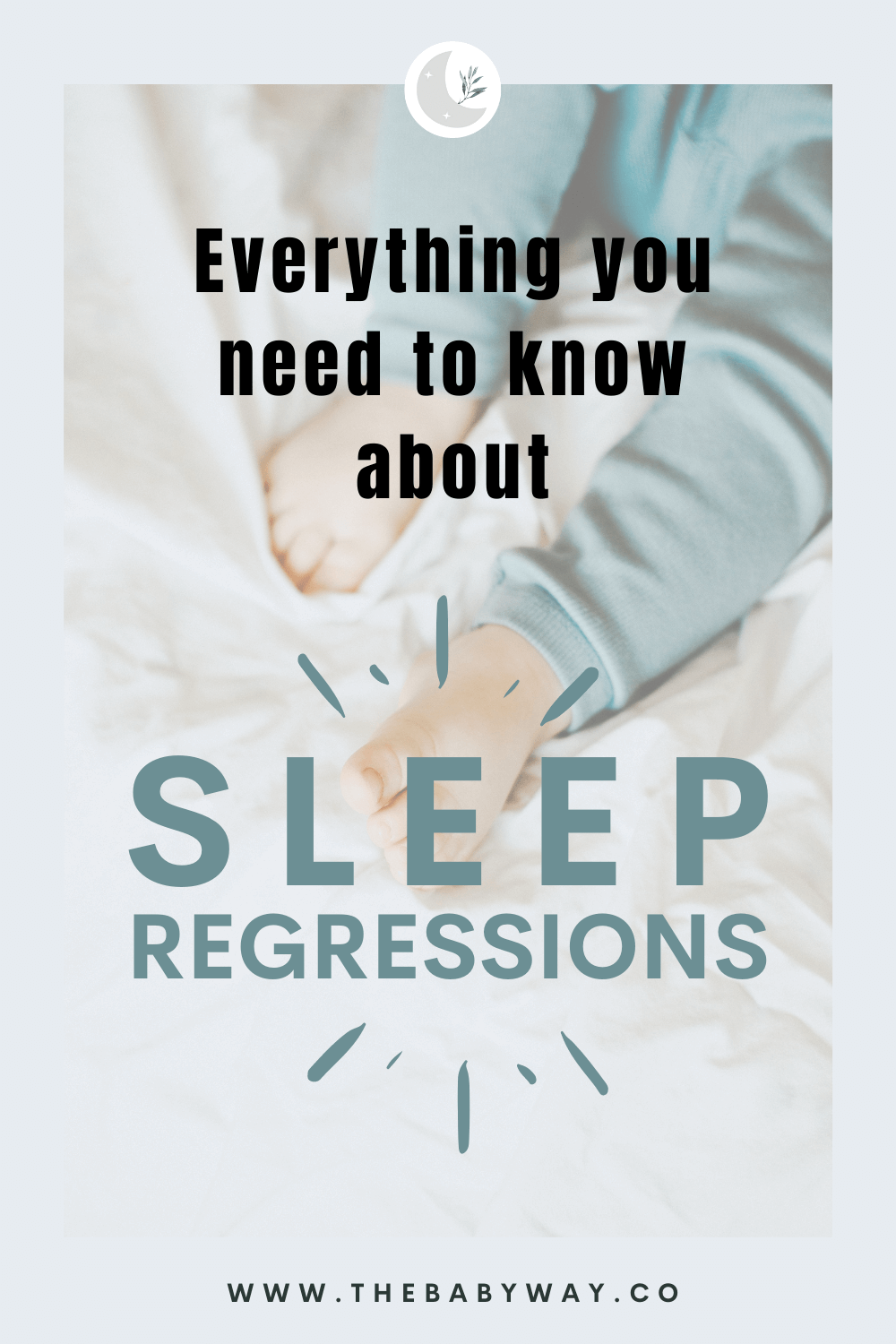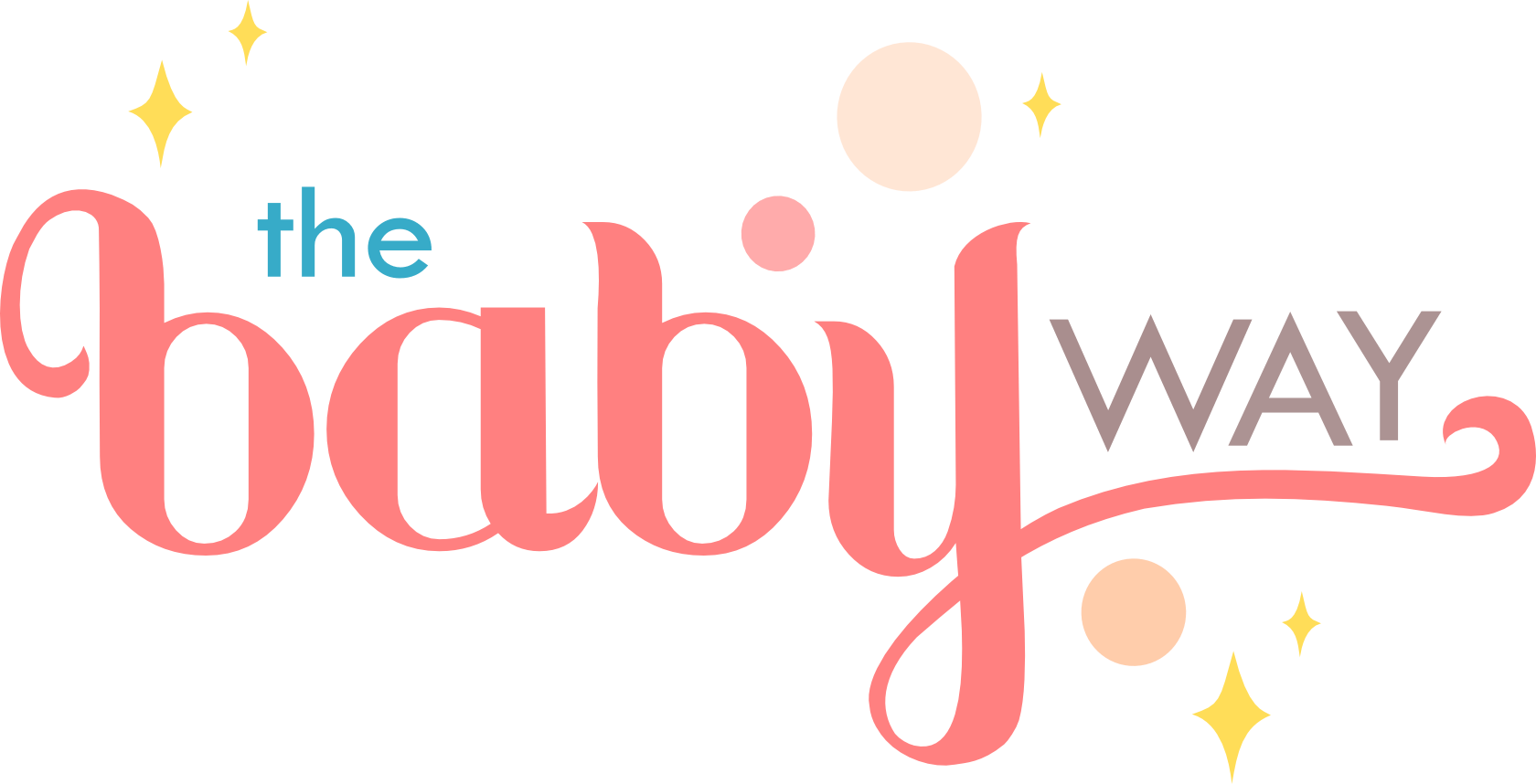Learn everything about baby sleep regressions, how they influence your baby's sleep and how to handle them
"This is MADNESS!"
Nope, mom, this is a sleep regression!
Ahh, you had it all. The naps, a few night wakes but still manageable, sleeping in the crib. But then, countless sleepless nights, cat naps, trouble settling to sleep. It feels as if your little one keeps throwing at you one sleep problem after another.
Unintentionally, of course!
If your child's sleep pattern has suddenly changed and seems disrupted, let me try to provide some comfort by telling you that you are not alone and every baby experiences this.
Your little one is probably going through a phase called baby sleep regression. If you haven't heard and learned about sleep regressions until now, it is definitely time!
What are sleep regressions?
A sleep regression is a period of time in which your baby suddenly changes its sleep behavior. They might wake more often at night, refuse to go to sleep, or may be hard to settle. Sometimes they become fussier than usual and may even experience changes in appetite.
A sleep regression usually lasts 2 to 4 weeks and occurs multiple times during the first two years of your child's life.
A sleep regression sets a big developmental milestone. It marks changes in your baby's cognitive development and is, in fact, a progression of their physical and mental abilities. That's why some prefer to call them sleep progressions instead of sleep regressions.
Some of these changes are permanent, meaning that the changes your little one is experiencing are meant to stay. Others are phases and will eventually subside.
There are 4 major sleep regressions. Each of them is unique, has different causes, and affects sleep in different ways.
Are sleep regressions really a thing?
Every baby goes through a regression but depending on baby's temperament and their sleep needs, it affects every baby to a different extent. Some parents don't notice any regressions happening at all. But, for others, sleep regressions are more than real.
For example, in my family, I never really noticed the 4-month sleep regression with either of my children, even though it is probably the most hyped sleep regression out there. However, the 8 and 12-month sleep regressions were a much bigger deal for us.
Now, your baby will always have some sleep disruptions, whether it's teething, separation anxiety, or big changes in life, such as a new sibling or starting daycare. Baby sleep is never linear. And while it helps us feel better to pinpoint behavior to something specific, the best thing you can do for yourself is not obsess about it. Sleep regressions and any sleep disturbances, for that matter, will pass. Read more down below on how you can handle your little one's changed sleep.
The 4-Month Sleep Regression
Typical behavior:
- short naps
- more frequent night wakings
At 4 months, your little one has officially ended their newborn stage. It is also when parents notice the first change in their sleep pattern and face their first real sleeping challenge. Their little one may have been a great napper and sleeper at night, going longer stretches of sleep when suddenly they only nap for 20 minutes and wake every 1-2 hours at night.
The reason for those short naps and multiple wakings is the change in your child's sleep cycle. They start to adopt the sleep cycle of an adult. They now switch between light and deep sleep more often, hence waking more often or having shorter naps.
This regression is linked to a permanent change of their sleep cycle, meaning those changes will stay. But that doesn't mean that your baby will stay a bad sleeper. Your baby is still very young, and it is only natural that they still depend on you to sleep. You can slowly introduce new sleep associations and different ways of soothing.
The 8-Month Sleep Regression
Typical behavior:
- take longer to settle for naps and bedtime
- becomes very attached to caregiver
The 8-month sleep regression comes along with several physical and mental milestones. Around this age, babies become increasingly mobile. They start to sit, crawl or even stand up. Children are great at practicing new skills. So Even in bed, they are training instead of sleeping.
Additionally, around 9 months, babies go through a big leap. They start to learn the concept of categories and groups of objects. This affects all their senses. For many babies, this leads to their first big separation anxiety. All these physiological and cognitive milestones have an effect on their sleep and ability to settle.
The 12 Months Sleep Regression
Typical behavior:
- baby starts to stall bedtime
- more frequent night wakings
- takes longer to fall asleep, plays in crib
The 12-month sleep regression does not always find a place in baby sleep books, but I find it definitely worth mentioning. A lot is going on during this age. Many babies take their first steps and say their first words. Some babies have the big 2-to-1 nap transition. Your little one gets very interested in their surroundings, and playing is a big deal. All these factors can lead to changes in sleep.
The 18-month sleep regression
Typical behavior:
- very attached to caregiver
- stalls bedtime or even protests
- more night wakings
Even as a toddler, your child will go through their last sleep regression. Around this age, a lot is going on that can mess with toddler sleep.
Toddlers often get their four canine teeth and first molars, which can be especially painful and cause a lot of discomfort. Additionally, your child will become more and more independent. They will try to take more control over daily tasks. But independence also comes with insecurity leading to another phase of separation anxiety. They may want to have you by their side all the time, during day and night.
Toddlers will sometimes also have language explosion. They will repeat words over and over again. Their brains have to process all these new skills at night, and I truly believe that it must be hard to sleep.
How to handle sleep regressions
You can get through every sleep regression without sleep training. By implementing healthy sleep habits and a sleep hygiene, you can set the path for future independent sleep. There is no need to let your baby cry it out or teach them to self-soothe. Sleep regressions will pass! And sleep trained babies will also go through regressions.
Show sympathy
All these sleep regressions are linked to great developmental milestones of your child. We should instead look at them as progressions. And while we cannot understand and see what is going on in our little ones' brains, let's not forget that these changes are not easy for them. So the first thing to do is try to have sympathy for them. Frequent wakings and a child that hangs on to you all day and night can be nerve wracking. But when we try to understand what children are going through and that these changes can be really scary for them, it will be easier to go through these phases together hand in hand.
Give them extra attention
If your child is experiencing separation anxiety or a big change in their lives, giving extra undivided attention during the day and before bedtime is really important. Some children will be unsettled right before bedtime if they long for more time with their parents. By building their confidence through your presence and focusing on them, they can feel more secure when going to sleep and during the night. Make sure that you are fully focused on them and don't do any other things on the side. Not enough attention is one of the main causes of bedtime battles. Be with them when they brush their teeth and participate in some quiet playtime instead of cleaning your home.
Some regressions are temporary
While the 4-month sleep regression is linked to a permanent change, the other two regressions are not. So you are finding yourself in a phase (once again) that will pass. It is another hurdle for the family to take on. But together, you can master it. Give your baby some extra love and cuddles. Have mantras in place that remind you that they don't do anything to manipulate you or make your life harder on purpose. Take breaks when you need them.
Keep your schedule and routine
Routine, routine, routine. I have said it before, and I will say it one million times more! There is nothing better that you can do for your child than stick to a regular daily routine. You don't necessarily have to keep a fixed schedule. But a routine will give your little one the security, stability, and predictability they need.
A good bedtime routine will help them wind down and settle more easily. A flexible schedule will help you keep track of daytime sleep and wake windows. Figure out what works for your family and stick to it. Consistency is key.
Assist them but maintain good sleep habits
Maybe your child used to sleep long stretches or even through the night. Maybe they fell asleep by themselves. And now they start to rely on you again. So, first of all, let me assure you that your child has not forgotten how to sleep or fall asleep.
Every baby knows how to sleep!
They are simply in a phase where they need you to be by their side. And honestly, with all that is going on with them, it seems quite fair. There is no need to do any sort of sleep training where you let them cry it out alone. Instead, work on building attachment and new positive sleep associations that can later replace your active help. Stay with them and assist them to sleep if they need to. You can gradually reduce your help until everything is back to normal.
Take extra care of yourself and ask for help
This phase can be really hard on an already tired parent. So make sure to make extra time for yourself. It is important to recharge to make it through the regression without reaching a possible breaking point. A stressed mom will not go unnoticed by your baby and only, even more, reflect on her sleeping behavior.
Ask for extra help from your partner, your family, and friends. You may need to take overnight duty but let someone support you during the day. Let them take the baby outside so you can have your quiet few moments at home without being disturbed by any baby sounds.









